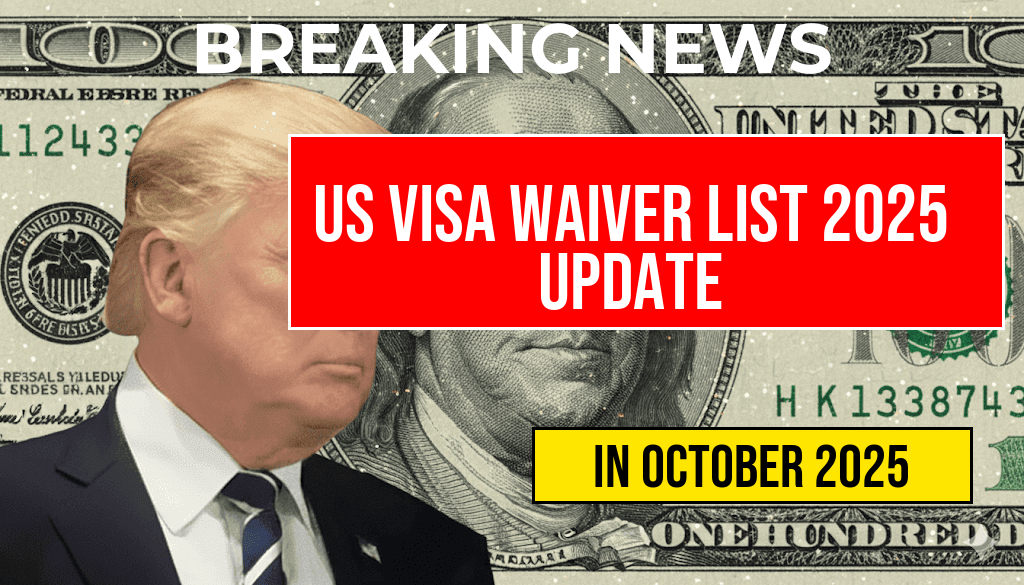Starting in October 2025, eligible U.S. citizens are set to receive a $2,000 direct deposit as part of a new federal initiative aimed at providing targeted financial support. This initiative, authorized by recent legislative measures, is designed to assist qualifying individuals in managing ongoing economic challenges and promoting economic stability. The upcoming payments are scheduled to be distributed over several months, with detailed eligibility criteria, payment timelines, and IRS guidelines established to ensure a smooth and transparent process. As the government prepares for this significant disbursement, many Americans are seeking clarity on how to qualify, the application process, and what to expect during the payout period.
Understanding the $2,000 Direct Deposit Initiative
Purpose and Background
The $2,000 direct deposit program represents a targeted effort by federal authorities to support U.S. citizens facing financial hardships. This initiative was introduced as part of broader economic relief measures, aiming to bolster consumer spending, reduce financial stress, and stimulate economic growth. It is distinct from previous stimulus packages, focusing specifically on direct cash transfers to qualifying individuals, rather than broad-based payments to all taxpayers.
Eligibility Criteria
Eligibility for the $2,000 monthly payment hinges on specific factors, including income thresholds, employment status, and residency. The program primarily targets low- and middle-income households, with criteria designed to ensure aid reaches those most in need. The key eligibility components include:
- Income Limits: Individuals with annual incomes below $75,000, or $150,000 for couples filing jointly, are generally eligible.
- Residency Status: U.S. citizens and legal residents residing within the country qualify.
- Tax Filing Status: Applicants must have filed a federal tax return for the most recent year.
- Employment Status: Those experiencing unemployment, underemployment, or facing financial hardship are prioritized.
Additional criteria may apply, and specific exemptions are available for certain groups, such as veterans or individuals with disabilities. Detailed guidelines are available on the IRS website to assist applicants in determining eligibility.
Application and Verification Process
Eligible individuals can expect to apply through a streamlined online portal developed by the IRS. The application process requires submission of personal income details, proof of residency, and tax filing documentation. To expedite payments, the IRS has partnered with the Social Security Administration and other federal agencies to verify applicant information automatically where possible.
| Payment Date | Payment Amount | Eligible Recipients |
|---|---|---|
| October 15, 2025 | $2,000 | All qualifying applicants who submitted complete applications by September 30, 2025 |
| October 30, 2025 | $2,000 | Late applications received before October 20, 2025, processed and approved |
Payment Schedule and Distribution Timeline
Initial Disbursements
The first wave of payments is scheduled for mid-October 2025, targeting applicants who have completed the verification process by the end of September. The IRS has outlined a phased approach to ensure efficient distribution, with subsequent payments issued based on application processing and verification timelines.
Ongoing Payments
While the initial payments are set for October, the program envisions ongoing monthly disbursements contingent upon continued eligibility. Recipients must maintain qualifying income levels and update their information if circumstances change. The IRS will send notifications ahead of each payment cycle, with detailed instructions for recipients to confirm their eligibility.
Payment Method and Delivery
Payments will be deposited directly into recipients’ bank accounts, utilizing existing IRS direct deposit infrastructure. For individuals without bank accounts, alternative methods such as prepaid debit cards will be available. The IRS encourages recipients to ensure their banking information is current to avoid delays.
IRS Guidelines and Important Considerations
Tax Implications
Unlike some stimulus payments, the $2,000 direct deposits are not considered taxable income. Recipients do not need to report these payments as income on their federal tax returns. However, recipients should retain documentation of their application and payment receipt for records.
Fraud Prevention and Scams
With large-scale disbursements, the IRS emphasizes vigilance against scams. Recipients should be wary of unsolicited calls or emails requesting personal information. The IRS will never ask for payment or sensitive data via email or phone. Confirm any communications through official channels, such as the IRS website.
Additional Resources
- IRS Newsroom for updates and FAQs
- Congress.gov for legislative details
- Wikipedia — Stimulus Payments Overview
The $2,000 direct deposit initiative underscores the federal government’s effort to provide tangible financial relief during a period of economic uncertainty. As the program unfolds, eligible Americans should stay informed through official channels to ensure they benefit fully from this support measure.
Frequently Asked Questions
Who is eligible to receive the $2,000 direct deposit in October 2025?
U.S. citizens who meet the specified eligibility criteria outlined by the IRS, including filing a tax return for the relevant year and meeting income or other qualifying requirements, will be eligible to receive the $2,000 direct deposit.
When will the $2,000 payments be distributed in October 2025?
The payment schedule for the $2,000 direct deposits is set for October 2025. Specific dates may vary depending on individual circumstances and processing times, but most eligible recipients can expect to receive their payment during this month.
How can I ensure my information is correct for the direct deposit?
To ensure timely delivery of your $2,000 payment, verify that your bank account details are accurately registered with the IRS. Updating your direct deposit information through the IRS portal before the distribution begins can help avoid delays.
Are there any IRS guidelines or requirements I should be aware of?
Yes, the IRS guidelines specify that eligible recipients must have filed a tax return for the relevant year, and the payment is subject to income thresholds and other qualifying criteria. It’s important to review the official IRS guidelines to confirm your eligibility.
What should I do if I do not receive the $2,000 payment in October 2025?
If you do not receive your $2,000 direct deposit by the expected date, contact the IRS or check your online account to verify your payment status. Possible reasons could include incorrect banking information or eligibility issues that may require further investigation.






